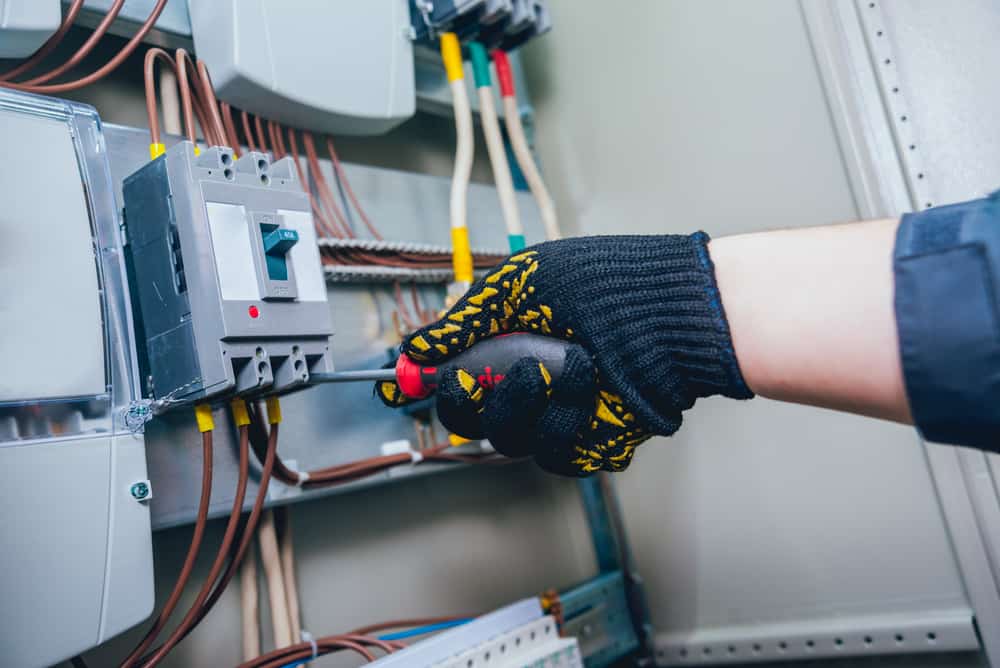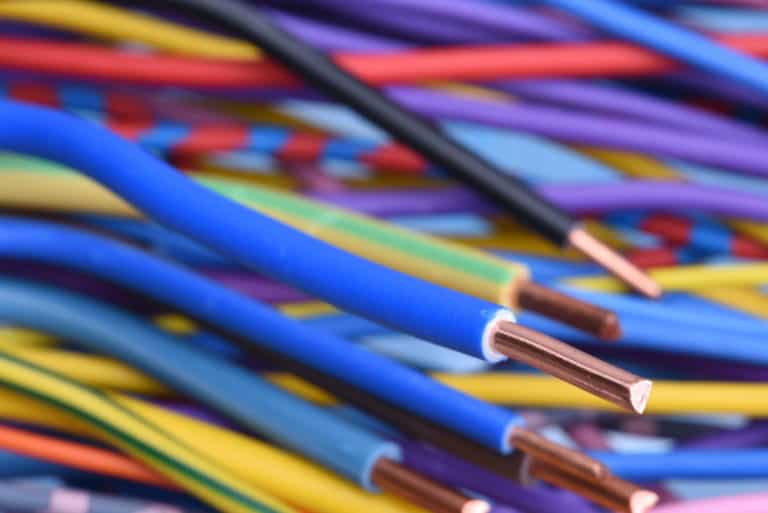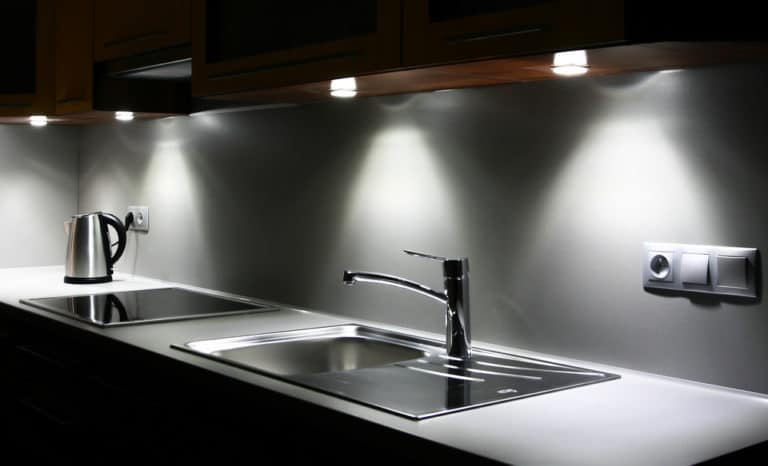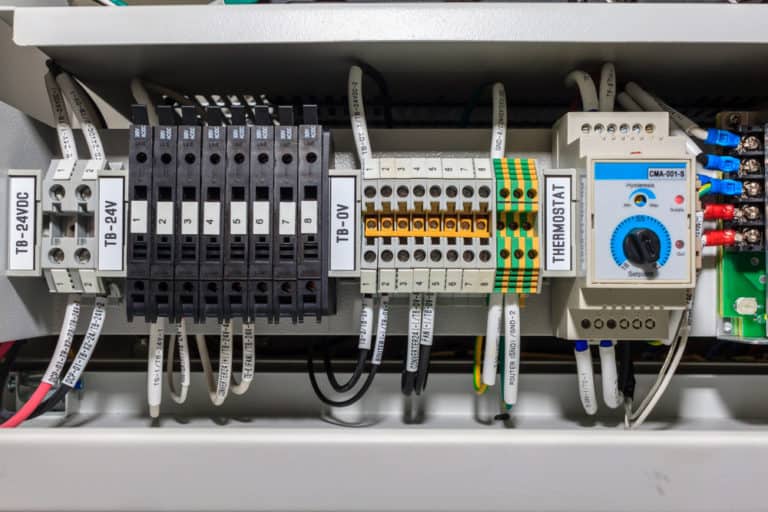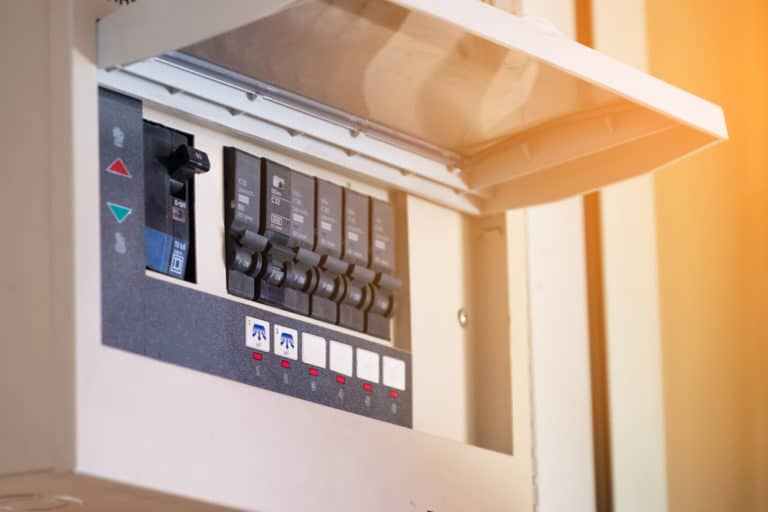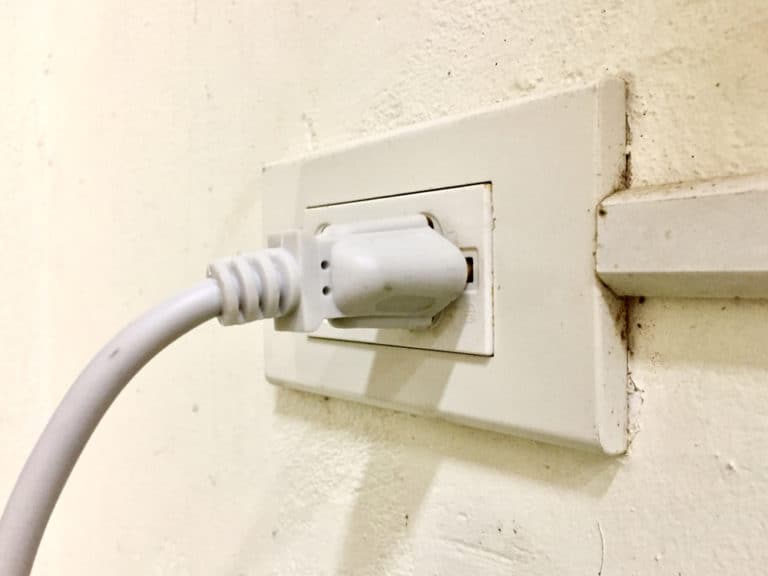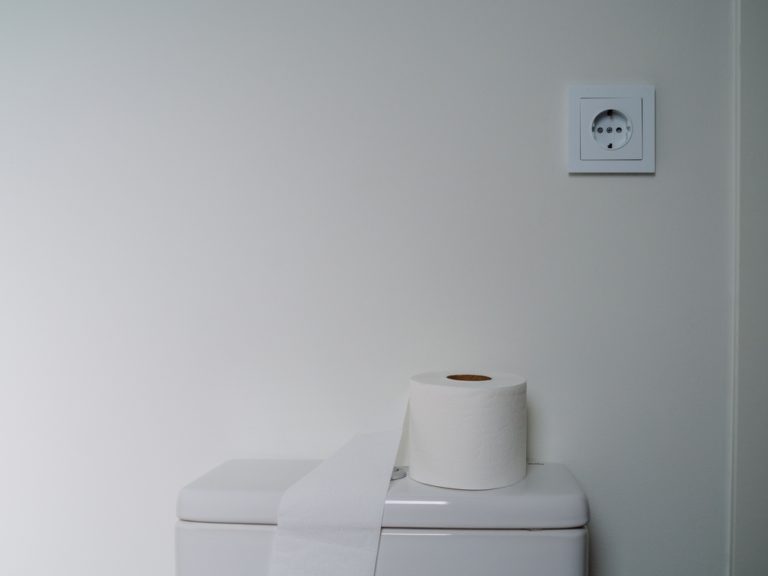Can Electrical Wires Freeze? (Is It Dangerous?)
Cold weather and the winter are something that every homeowner worries about. Each and every aspect of your home can get affected by the lower temperatures during this season. The question now is if your electrical wires are affected by these temperatures and how to deal with them.
Electrical wires can freeze when temperatures drop to extreme lows during the wintertime. The insulation surrounding your wires can become brittle and crack. When the insulative covering of an electrical wire happens, this can cause a lot of damage since the wires inside can become exposed to the elements(such as water).
This can become a recipe for disaster if left unattended. It’s not uncommon for most households to rely on electrical heating systems during the wintertime. To prepare for this, we need to know how wires freeze and what to do when you think a wire is frozen.
Can electrical wires freeze?
Electrical wires can freeze at lower temperatures. Technically, they can’t freeze since their state of matter isn’t changing but they are affected by low temperatures.
Manufacturers based in locations that experience winter often gives specifications that include how much cold your wires are able to withstand. The average wire, designed to handle the cold, can safely stay in temperatures up to 14 Fahrenheit( -10 Celsius). These wires will have a much thicker insulation sleeve and will not
The materials that wires are usually composed of, namely, rubber and copper, do not actually freeze but they do change their behavior based on the temperature they are exposed to. Just like anything that’s exposed to cold, they will become rigid and become more susceptible to damage.
Your wires will still function normally despite being frozen. The ability of copper to conduct electricity isn’t affected by its temperature, surprisingly research shows that it actually makes it better! Supercomputers and other hardware almost always work better in colder conditions.
Does cold affect electricity and wires?
Cold temperatures can affect both the insulative covering and the wires themselves. To better explain how we’ll need to the two main parts of the wire which is:
- Insulative Covering
Insulative covers for wires are there to protect you and the wires whenever there is a current running through the system. What’s important to note is that most of our insulative coverings are made out of rubber, which is a great insulator for electricity.
Rubber at lower temperatures tends to lose its flexible properties. This makes them susceptible to cracking or even breaking off entirely if left unattended.
- Wire
Wires are made out of copper. Copper is a great conductor of electricity. Almost all wires in your house are probably made out of copper because of how easy it is to work with. Copper is a soft metal and can easily be bent and twisted.
When winter sets in and reaches a low, copper also becomes brittle and loses its flexible property.
The main takeaways are that when cold temperatures happen and if your wire gets too cold, they become brittle and are susceptible to cracks. You can imagine that at this point, your wires are like thin sticks just waiting to snap in half.
If you observe your powerlines, you can see that all the wires are bending. Wires are supposed to bend this way so that the wire doesn’t break from its own weight when covering long distances. When a wire becomes too stiff, the forces on the wire are too stressful for it to handle and can potentially giveaway from its own weight.
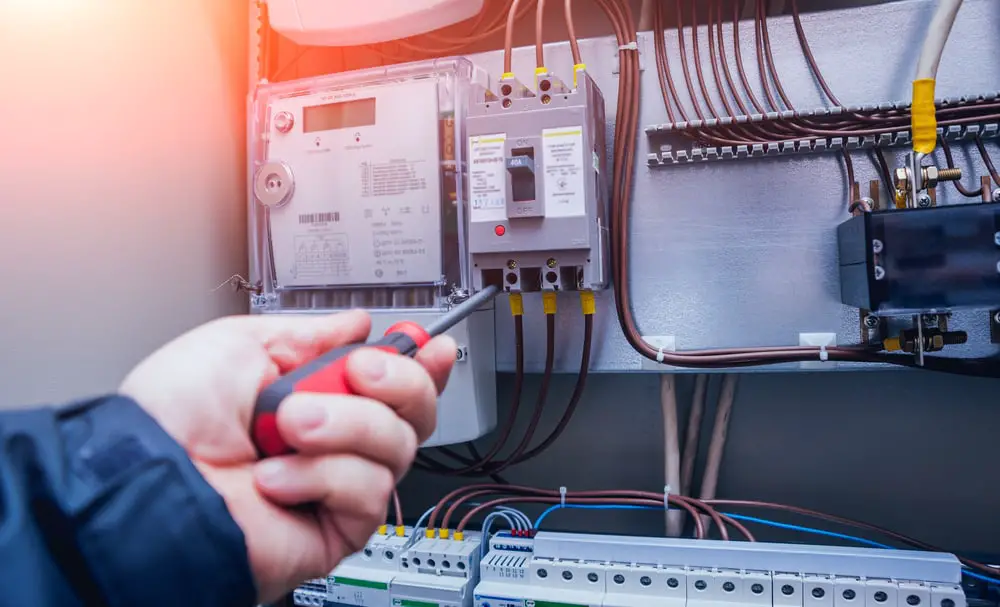
How To Prevent Electrical Wires From Freezing
The first step is to identify your wires that are in places that are exposed to low temperatures. The environment around your wires is the one that you should pay attention to. We have a lot of articles on the site covering this topic giving insights such as different types of insulation, different materials for insulation, and the different types of heating appliances.
If you live in an area in the north(where winter and cold weather are a common occurrence) then your wires are probably already built to handle that.
Most homes have the majority of their wires indoors but there will be some wires(such as the ones connecting your home to your nearby power lines) that will be exposed out in the open. With that said, these wires are often already treated with some antifreeze to ensure that they do not get damaged by the cold. If you’re not sure, you can have a local electrician check if your wiring is ready for the wintertime.
What To Do If Your Wire Is Frozen?
As a precautionary step, you should probably get a good idea as to which breakers cut off which circuits are in your circuit board. This is to ensure that you know how to kill the power in case anything goes wrong.
Most likely, you’ll only realize that your wire is frozen when it’s already been broken. Since most people don’t regularly touch their wires, the signs won’t be apparent. You still need to cut the power off as having a loose wire with a current running through it can be dangerous, especially in an environment such as winter where ice(water) is abundant.
Once the weather gets better, find an electrician who can do the necessary repairs/replacement for your wiring. Since wiring also goes deep into the nooks and crannies of your home, it’s difficult for a homeowner to determine the extent of the damage and in doing any repairs.
Conclusion
Wires can freeze up and break if left unattended in a cold environment. The best step to take is always prevention. Consulting with an electrician and having everything checked before winter comes along while making sure that your house is well insulated and heated is the best way to go in ensuring that your wires don’t freeze.
Sources
https://www.badassextensioncords.com/difference-between-regular-and-cold-weather-extension-cords
https://www.servicewire.com/ServiceWire/Resources/Customer-QA/Cold-Weather-Cable.htm
https://www.fiberplusinc.com/blog/what-freezing-weather-can-do-to-cables/

